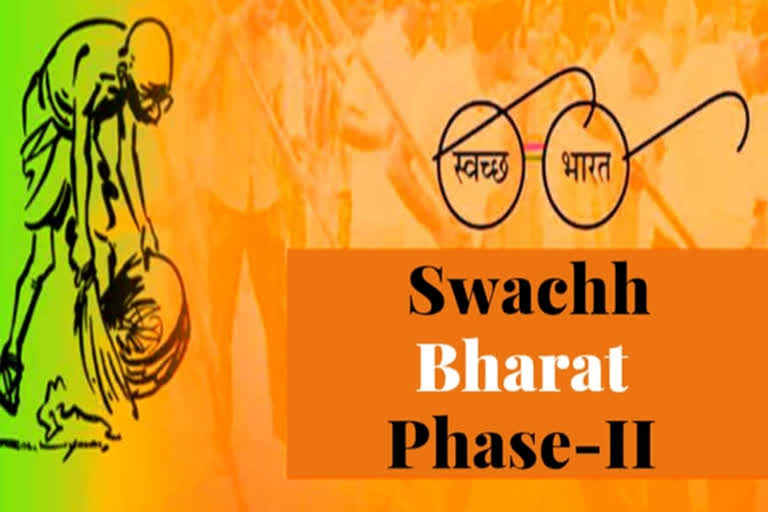Hyderabad: The central government is getting ready to implement the second phase of 'Swachh Bharat' in rural areas from next April. As part of this, the Union Cabinet has recently approved an allocation of approximately Rs 52,000 crore for drinking water and sanitation.
It is well known that around Rs.10,000 crores were allocated for the first year of the second phase for this cleanliness mega project. The professed goal is to eliminate total open defecation in the second phase! Recently the Standing Committee on Rural Development, which reviews the quality of sanitation services in various states, has come up with certain unpalatable facts.
It analyzed that UP, Bihar and Madhya Pradesh governments have accumulated unspent balances of Rs.6,500 crores in a span of two and a half years from the allocated budget under 'Swachh Bharat' account. If the states of Andhra Pradesh, Punjab and Assam are included, the unspent balances amounted to more than Rs.14 thousand crores.
The Standing Committee's finding highlighted the main cause for failure of the first phase of Swach Bharat as a delegation of responsibilities to many agencies that lacked commitment and accountability. Had a proper action plan been put in place, proper results would have been achieved commensurate to the money spent.
At least in the second phase of the movement, the lofty ideal of Swachh Bharat must be realized by taking corrective steps and properly spending every rupee of the allocation. The unhygienic atmosphere, dirt and garbage must be eliminated from villages by launching a movement like satyagraha.
With a firm commitment that the nation must be saved from the plight of open defecation, open drainage and open garbage system, the Modi government initiated the Swach movement on October 2, 2014. Slogans of 'Swachh Bharat' echoed from Kashmir to Kanyakumari with a resolve to enrich all human habitations in the country with a clean and green environment.
The resolve to ensure permanent toilets, waste treatment systems, quality drinking water and clean roads to all in the country by the 150th birth day of Bapuji (2nd October 2019) is lofty enough. The central government has proudly declared that in pursuit of this lofty goal, it has freed five and half lakh villages in 28 states and union territories of the country from open defecation by building nine crore 20 lakhs toilets.
The National Statistical Office (NSO), however, disagreed with the government's claim that toilets were available to 95 percent of the country's population. It confirmed that it is 71 percent in rural areas. The National Sample Survey Statistics Center says that toilets for half of the rural population in Odisha and UP are still a day dream.
